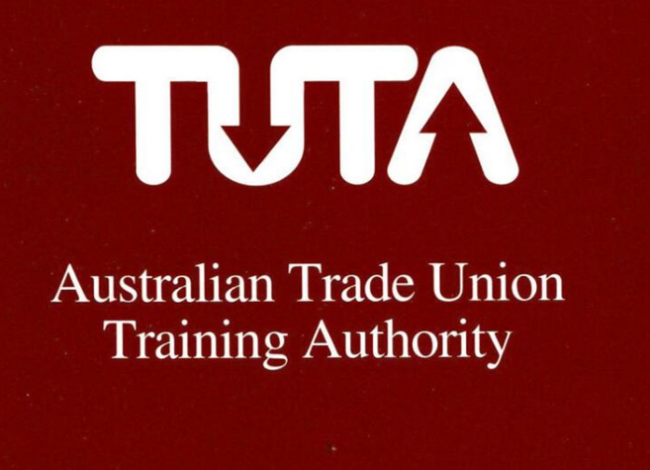(1994) Brereton Switch Opens Way for Industrial Law Tinkering
Sooner or later it had to be faced. The unintended consequences of the operations of the Industrial Relations Reform Act preoccupied the minister, Mr Brereton, for some months. Last Monday he acknowledged that “the unfair dismissal provisions of the new act have been the subject of a great deal of exaggeration, misrepresentation and scaremongering”. This was not part of the script.










